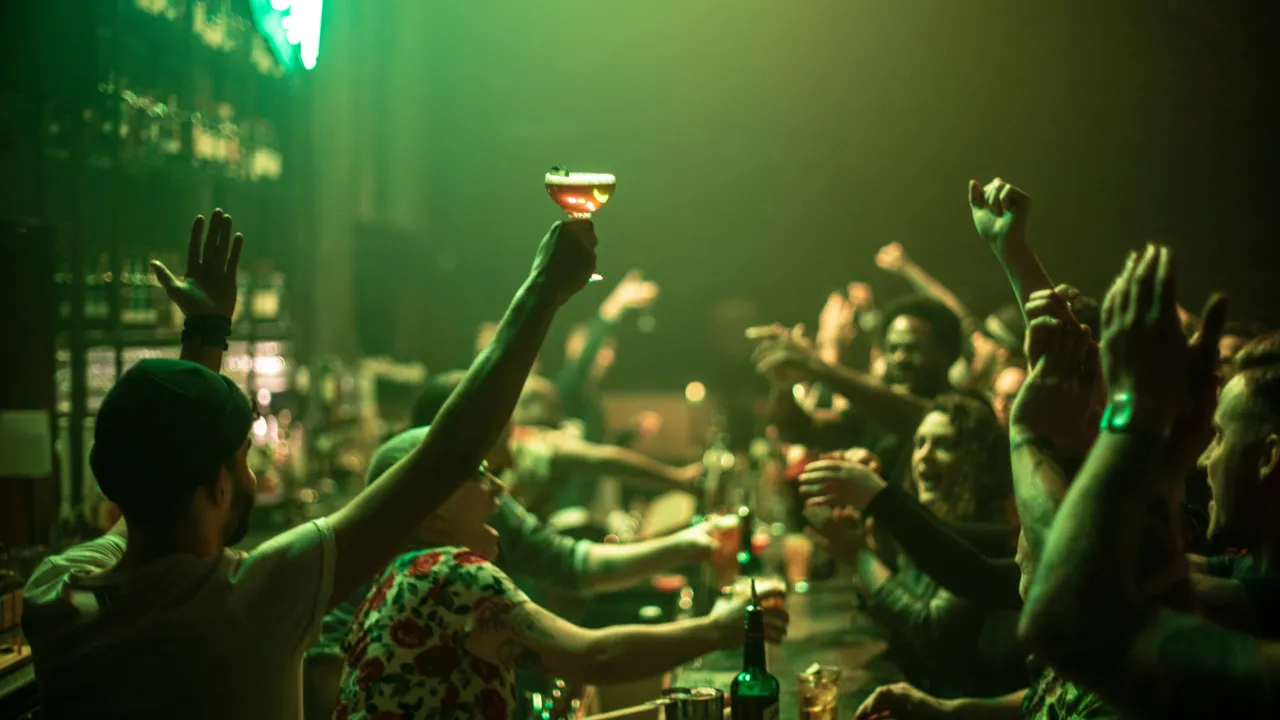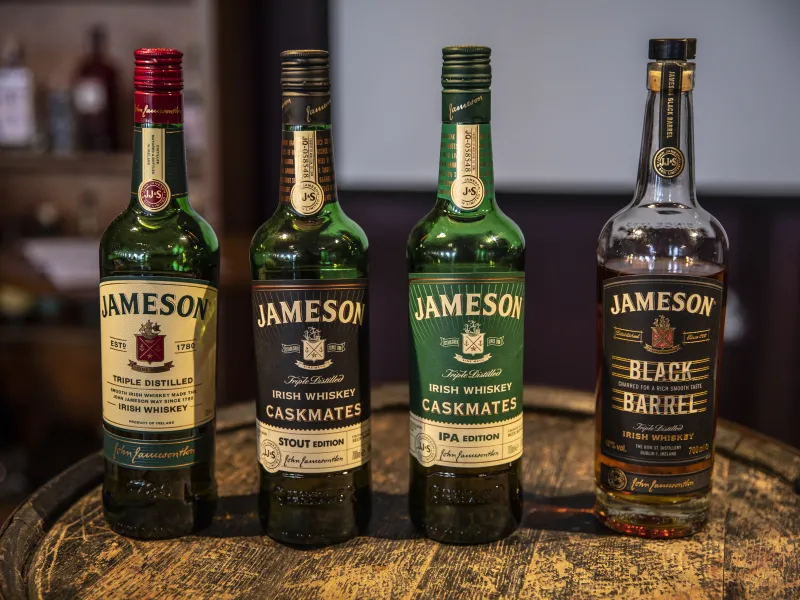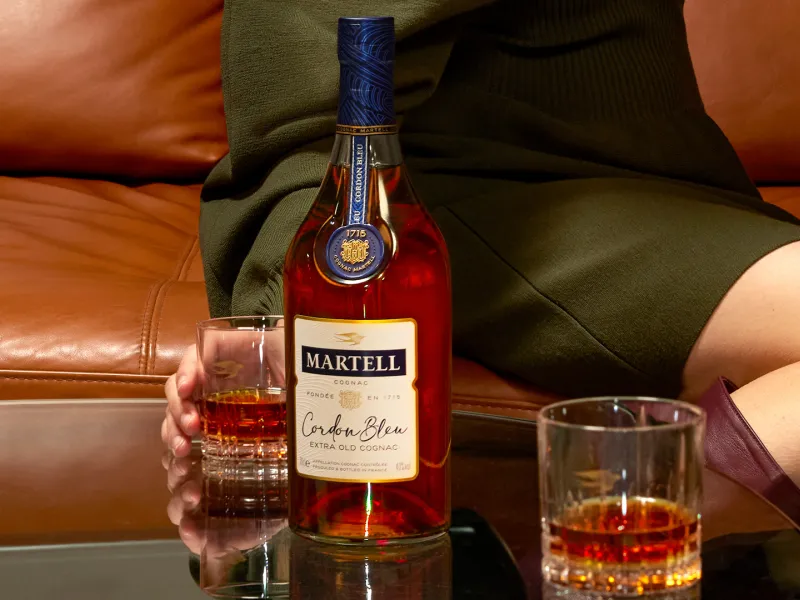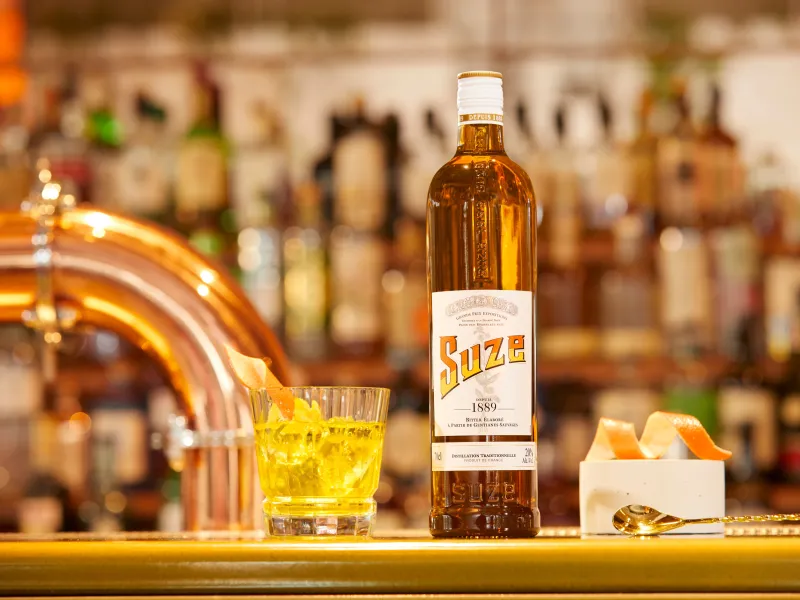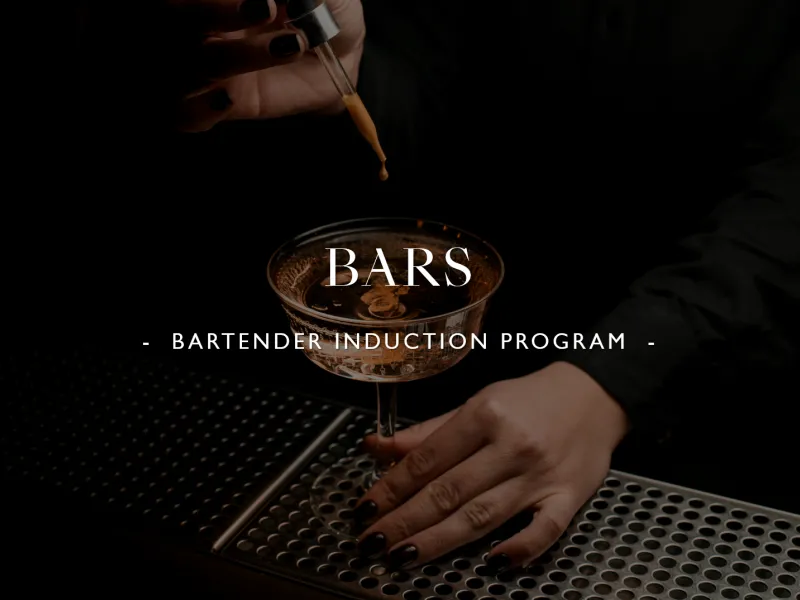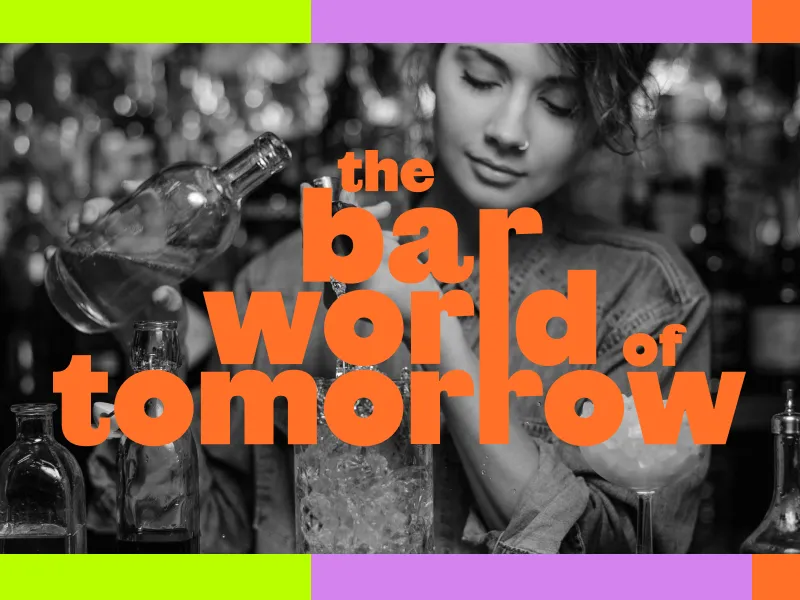Homepage
Latest Articles
-
![Consumer Knowledge]() Secret Sauce
Secret SauceEducating new customers about your concept
-
![Guest_Shift_Biggest_Barrier]() Guest Shift
Guest ShiftThe biggest barrier towards inclusive employment? People without disability
-
![Adapting trends_thumb.png]() Secret Sauce
Secret SauceAdapting trends in hospitality
-
![hospitality is a serious playground]() Secret Sauce
Secret SauceHospitality, a serious playground
-
![Sasha_Lord]() Face your Night Mayors
Face your Night MayorsSacha Lord: The Lord of Manchester nights
-
![absinthe]() Drinks with SIP
Drinks with SIPHappy World Absinthe Day with Pernod Absinthe
Learn faster and go further with Professional Bar Training
Welcome to PBT! Are you ready to take the next step in your bartending career? Learn faster and go further with Professional Bar Training (PBT), designed to take you from your very first shift to bar management – and beyond. Created by industry professionals, PBT’s interactive online courses cover everything you need to know about working in a bar today. See you there!
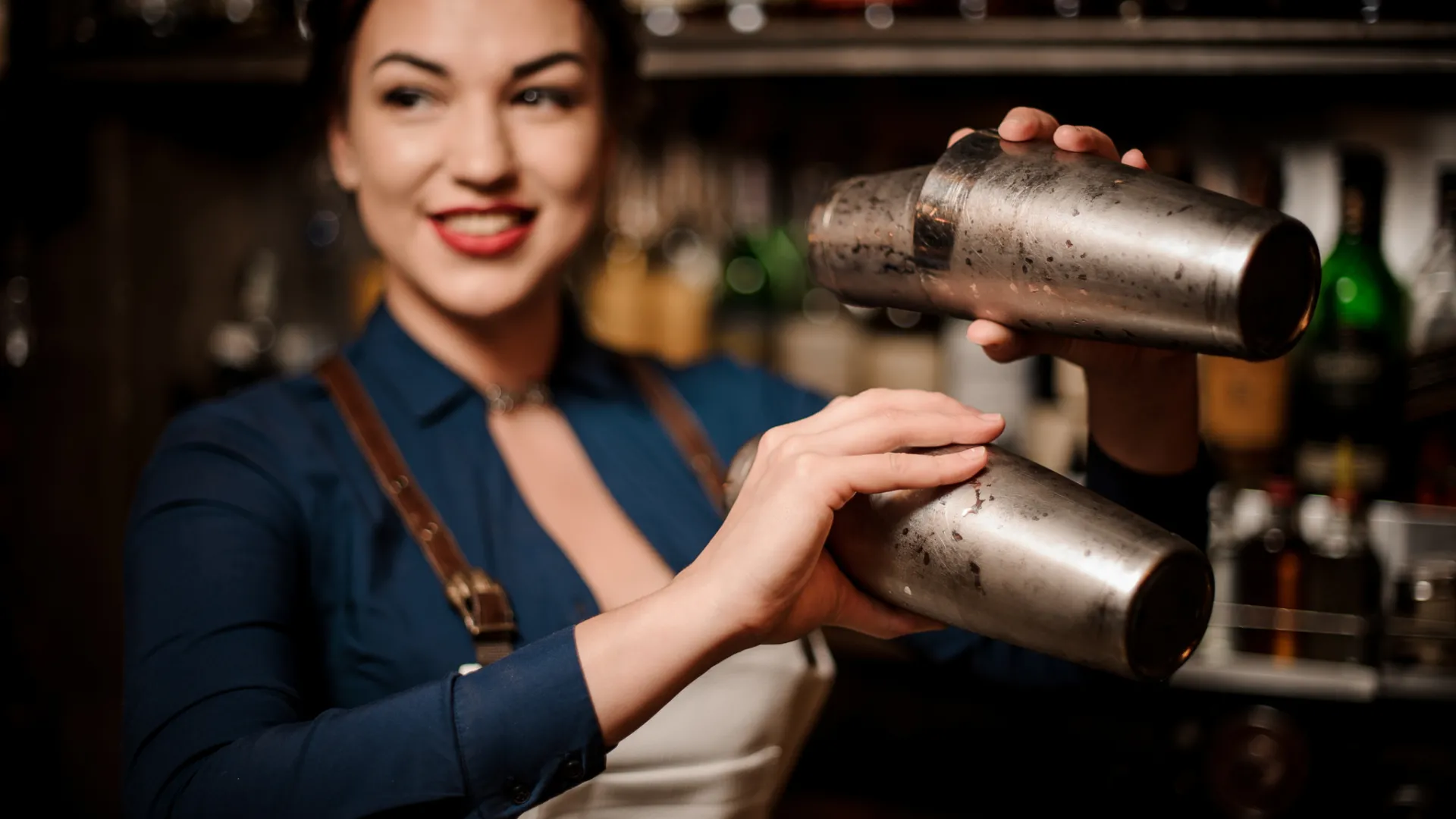
Trainings For You
Start learning the latest tips and tricks by following our trainings down below. Find courses specially suited towards your branch and start making improvements today.
© World’s Best Bars 2024. All Rights Reserved.
Content to be shared with those over the legal drinking age only - Enjoy responsibly.
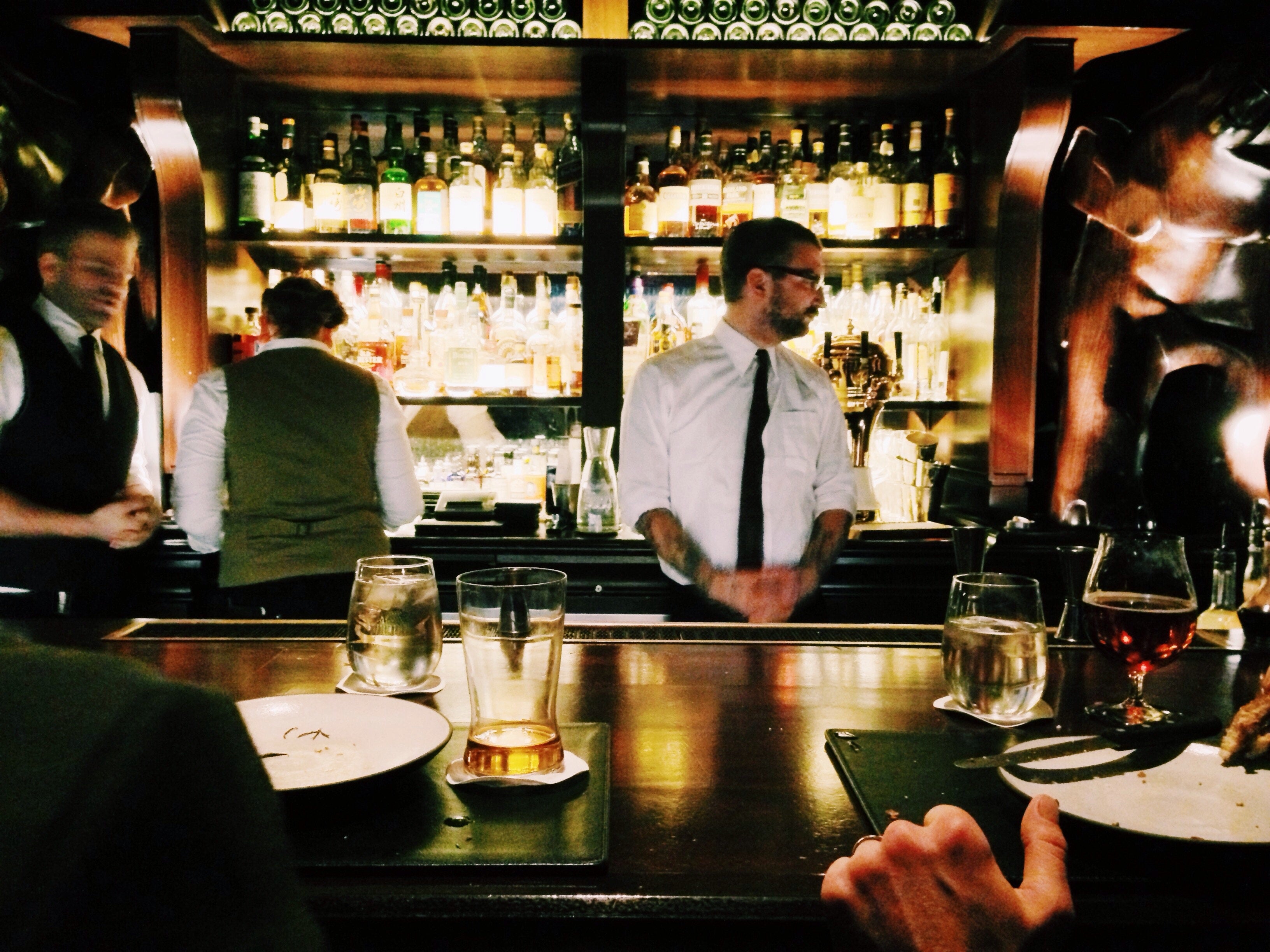
Check your email
If we recognize your account, a link to reset your password has been sent to your email address. If you haven’t received it, please check in your spam folder and add to whitelist.
Check your email
A link to activate your account has been sent to your email address. If you haven’t received it, please check your spam folder and add it to whitelist.
